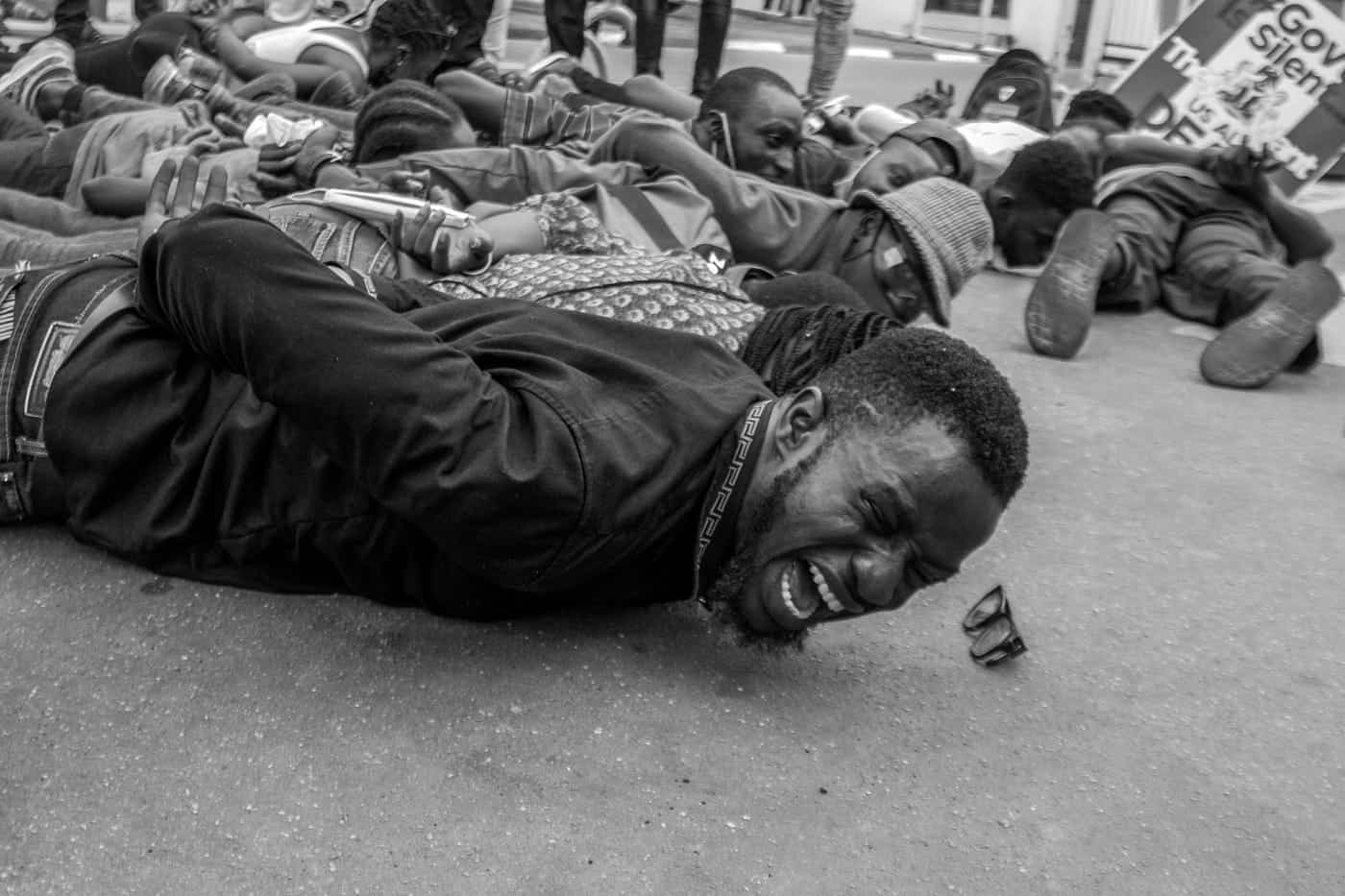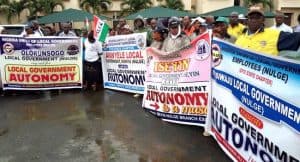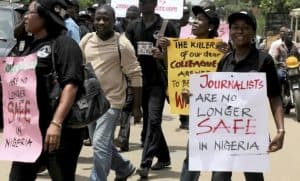
According to the ninth annual Human Freedom Index (HFI) assembled by the Cato Institute and the Fraser Institute, Nigeria is placed at 118th, which is six ranks higher than its previous rank of 124th in the 2022 HFI report. Nigeria must have gotten better in its stead by soaring high above previous records, but it is still far behind as compared to some third-world countries. The study is evidence that Nigeria must do more to advance freedom and embrace liberty as a linchpin for societal progress.
Among the 165 countries and territories ranked in the study, Nigeria’s rank put it behind third-world countries like Ghana, 66th; Gambia, 90th; Kenya, 93rd; and even the recently couped country, Niger, 109th. The consequence of this poor placement shows that at least one out of three Nigerians still suffers from police brutality, rights infringements, and government repression.
While Nigeria performed better in the HFI than in previous years and as some other countries of the second and first world rank worse than Nigeria, it is pertinent to note however that the national image of the country matters in its economic development. In recent history, Nigerians have suffered humiliation in international countries—in which the deplorable state of the economy and the legal system are often culpable. The propelled situation of citizens’ abduction, the surge of religious crises in the northern region, the daily corruption cases of law enforcement agents, and the corrupt legal system are all components of poor human freedom.
Nigeria needs to take HFI seriously. The index does not only accentuate the bad situation of rights infringements but also the chains the country’s economy is bound in. As much as human freedom, economic freedom is an important factor international countries will consider before investing in a country, too. The socio-economic situation in Nigeria is despicable. Equally, the deplorable political status shows that the country is far from becoming independent in its true sense. If human freedom is worse, economic investment will not improve, which rings back to underdevelopment.
The high rate of economic inflation has left many Nigerians stranded. For most Nigerians, survival amidst the security crisis is more difficult than cracking a tough nut. On November 15, 2023, the National Bureau of Statistics released a report on its Consumer Price Index, which stated that the headline inflation rate increased to 27.33 percent relative to the September 2023 headline inflation rate, which was 26.72 percent. In examining the causes of the sudden rise in inflation rates, experts and critics made reference to the current administration’s poor sequence of economic reform policies.
Most of the economic policies are too stringent for the business sector to cope with, and it is imperative to say that despite having the largest economy in Africa, Nigeria implements economic policies that are harsh for businesses to thrive. Not only that, Nigeria invests more of its revenue in the oil sector and abandons other sectors that could have yielded returns if properly funded.
The Nigerian government can catalyze economic growth by reducing regulatory burdens, fostering free-market competition, and promoting entrepreneurship. The liberation of economic forces empowers individuals to innovate, create, and contribute meaningfully to the nation’s prosperity.
Apart from economic freedom, Nigeria still has a long way to go in its development of security pressures. The current situation of Nigeria’s freedom of movement is nothing to write home about. Citizens could hardly step out of the comfort of their homes without fear of abduction. Unfortunately, as much as citizens inflict the pain of abduction on their fellow citizens, so do the Nigerian security forces, erroneously and otherwise.
The recent surge in insecurity in the country indicates the near impossibility of Nigerians living in an ideal society. On November 25, 2023, over 140 citizens were abducted in a village in Zamfara State. It was followed by a series of abductions of university students in and outside their abodes. Less than a week after some students regained freedom from armed abductors, Nigerians were once again stunned by the tragic massacre of residents in two local government areas in Plateau State. Per the Plateau saga, December 24, 2023 witnessed a cascade of deaths: it was a gloomy day for most Nigerians as festivity became gloomy. The series of attacks witnessed by Nigerians in various parts of the country is proof that Nigerians are far from enjoying complete personal freedom.
Though, the HFI shows that Nigeria has advanced in its pursuit of human freedom, the Nigerian government still needs to take responsibility for development. Diversification of income and citizens’ freedom should be prioritized. Also, the security forces and the healthcare sector should be invested in to prevent total deterioration. A proper sequence of economic reform policies is imperative. Every successful economy thrives on well-structured reform policies. If Nigeria is to recover from its already exhaustive and weak economy, its policy-making institutions must be strengthened and restructured.






